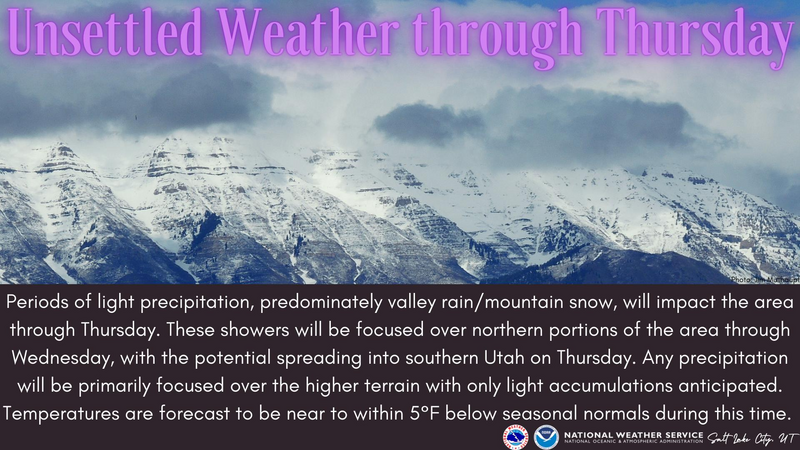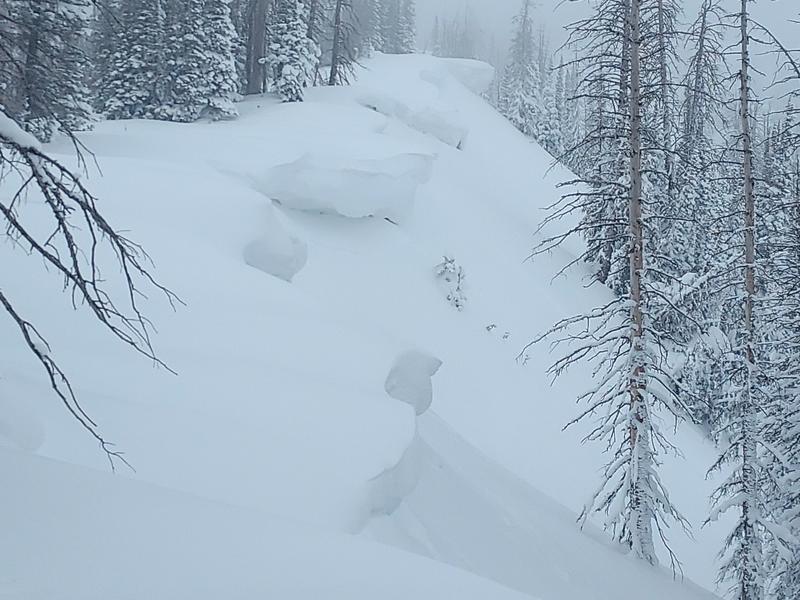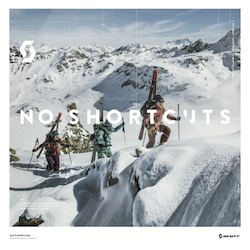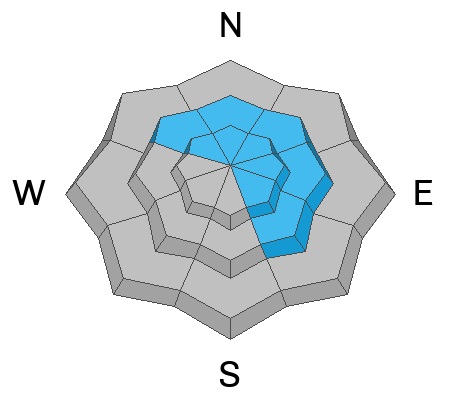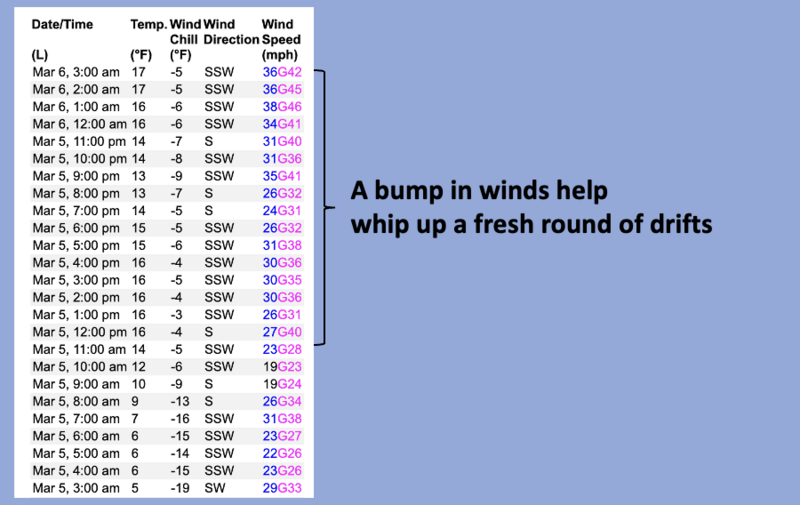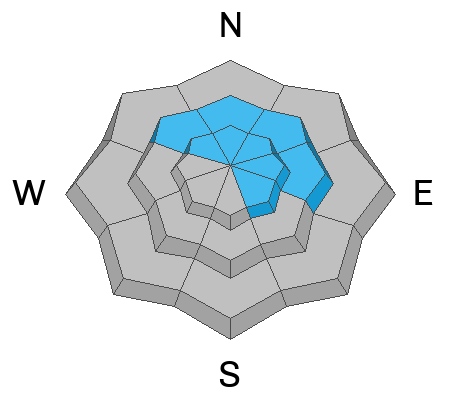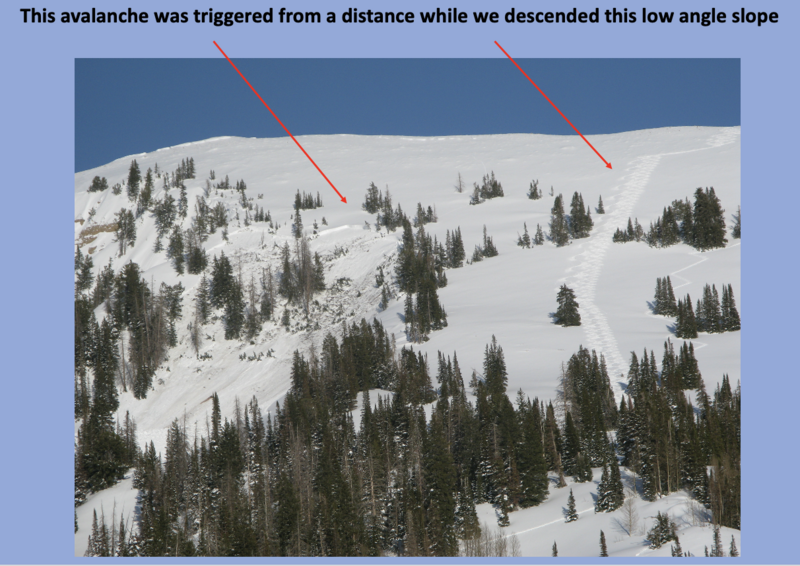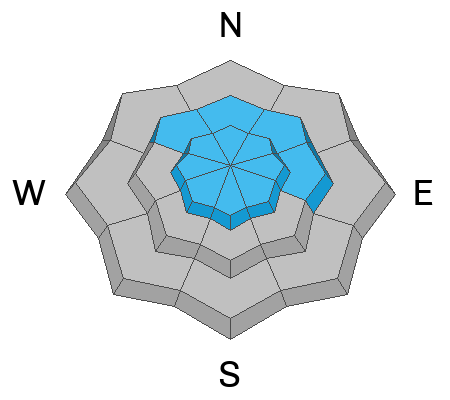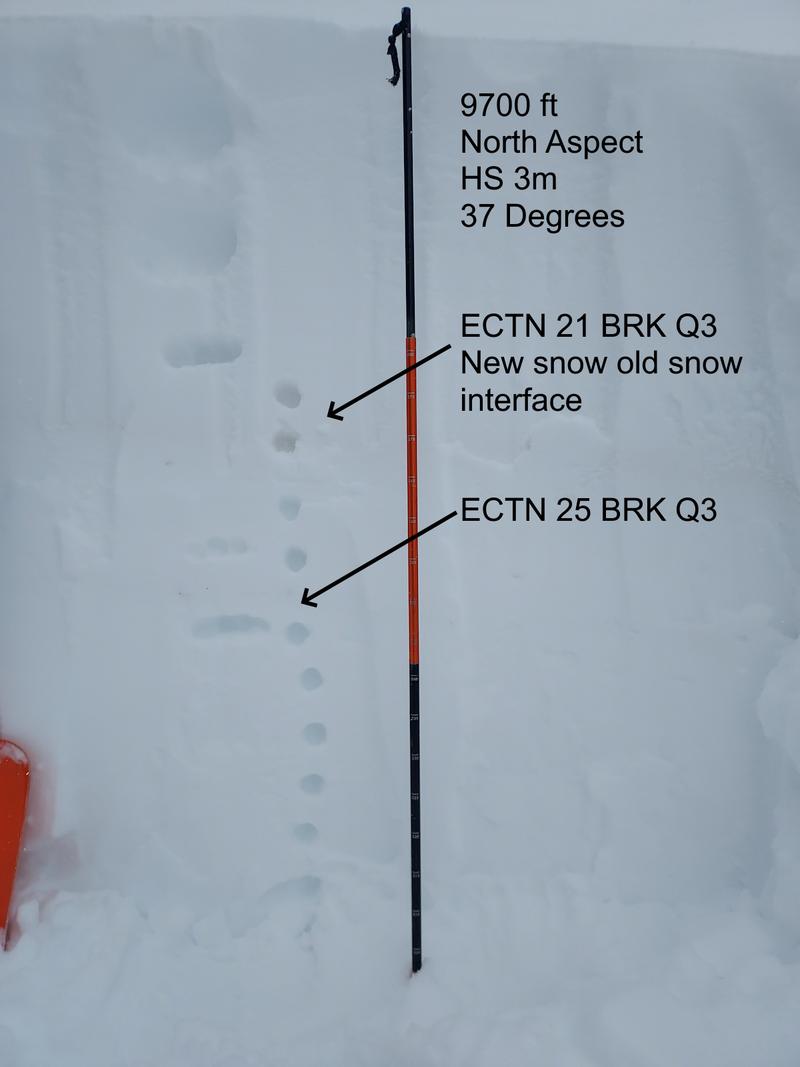Forecast for the Uintas Area Mountains

Issued by Craig Gordon on
Wednesday morning, March 6, 2024
Wednesday morning, March 6, 2024
Not widespread and pockety in nature, you'll find CONSIDERABLE avalanche danger on wind drifted slopes at and above treeline. Human triggered avalanches are LIKELY especially on steep, leeward slopes, and particularly those with an easterly component to their aspect. In addition... while becoming more the exception than the rule, steep, rocky, slopes with a shallow snowpack is bulls-eye terrain where you can still trigger an avalanche that breaks to old snow near the ground.
MODERATE avalanche danger exists near treeline on slopes facing the north half of the compass, where recent winds swirl and penetrate mid elevation terrain. Human triggered avalanches are POSSIBLE on steep slopes with recent deposits of wind drifted snow.
LOW avalanche danger is found below treeline on shady slopes along with mid and lower elevation terrain facing the south half of the compass.
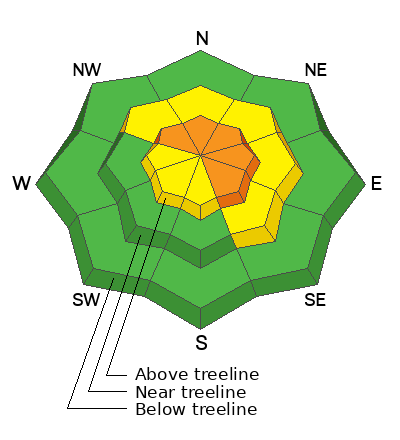
Low
Moderate
Considerable
High
Extreme
Learn how to read the forecast here



